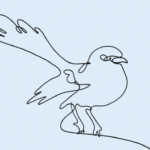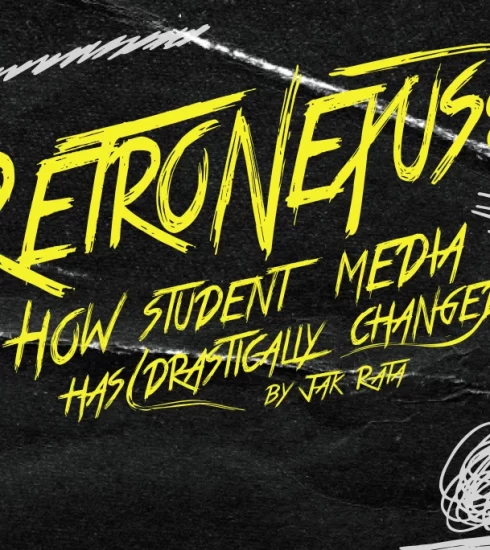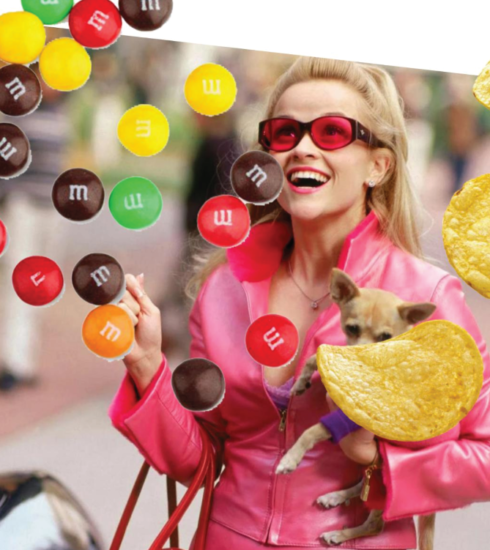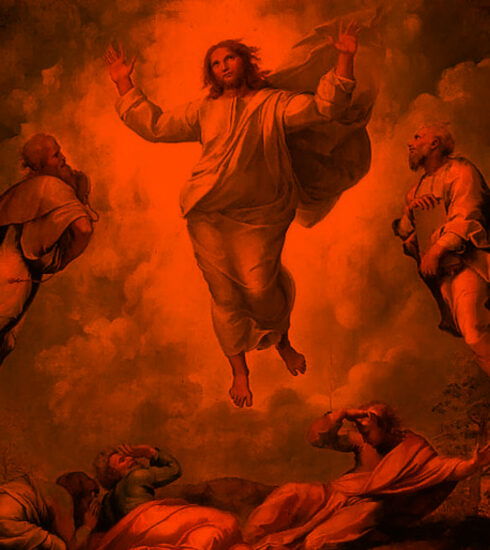The privatisation of land ownership – Nukutawhiti
One of the biggest mistakes made in our history was the privatisation and individualisation of land ownership – a foreign concept of land management brought to Aotearoa by European settlers. It has seen the relationship between humans and lands dramatically change from guardianship with a reciprocal relationship to one of greed and monetary gain.
Before the colonial interruption, land in Aotearoa was managed per tika and to one’s tribal geographical location. The land was not individualised but held in broader tribal care. Land meant survival, it meant having a place to call home and the ability to feed and provide for self and for whānau.
‘Mā te wahine, mā te whenua ka ora ai te tangata’.
200+ years deep into this foreign concept of individual land ownership, many generations only know and have experienced this form of land relationship. This is now the norm and what was previously practiced by our tūpuna is now the foreign concept. With the 9-5 lifestyle, supermarkets providing kai and intensification of living environments, I have never experienced to its depths the giver that land can be if given the chance. So how do we undo what is deeply ingrained into our minds? How do we undo a system that has controlled our relationship with the land for the past 200+ years? Would that concept still be of use to us today if given the chance? Or do we adapt and evolve in the modern times? What would that concept look like in a 21st century context?
The different aspects of Māori relationship with the land, consisted of a two-way relationship where the land was needed for human survival and humans were needed for land protection. It was also understood that land was not only to benefit the current generation, but future generations were always in mind and ensuring that there was still an environment for them was key. Kaitiakitanga or guardianship is also a big component, as no one owned land. In saying this, there is no Māori word for ‘ownership’.
So how can these aspects look in today’s context? How about if we removed the ability to own land individually and instead land was leased from Papatūānuku and your lease payment went back into her restoration. You could lease the land for life and build on it and own whatever you built but the land was strictly in Papatūānuku ownership. An entity or group could make up the voice of Papatūānuku, with people appointed by each iwi to be their representative and management was done tribally. There would be national umbrella policies for coherent direction and common goals, but plans would also be specific to hapū, to neighbourhoods and plan on a much smaller scale.
What about those who already own multiple properties? Does the government pay those people out for the value of their land (that was wrongfully taken… remember?!)?. Does the government have a place and voice within the Papatūānuku entity? I don’t know and it’s going to take more than my brains + you the reader to figure this out. Cos let’s be honest, from a capitalist perspective nobody wants to give up their money making property. Or more so the weirdly satisfying feeling of ownership over something. But with a mindset of kāinga, manaakitanga, aroha and oranga, we could embody values and relationships our tūpuna had with the land once again in our own lifetimes!





